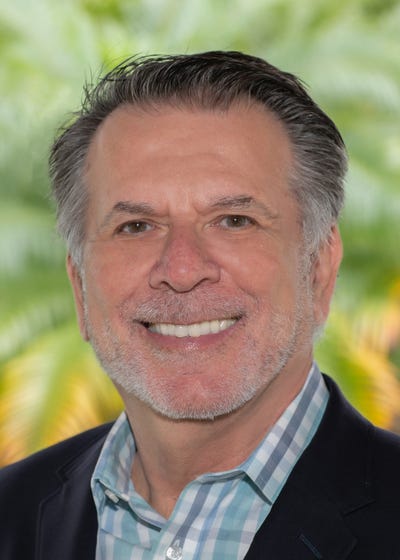Retirement Plan Advisors Must Now Become Defined Benefit ManagersRetirement Plan Advisors Must Now Become Defined Benefit Managers
Internal professionals at employers are poorly trained or ill-equipped to properly handle plans.

As we continue to retrofit defined contribution plans to replace the ever-receding defined benefits, the roles of service providers and money managers, but especially advisors, have to change as well. Plan sponsors can no longer offer a menu of vetted funds and hope that employees will enroll, contribute enough and make wise investment decisions, expecting that they will be prepared for retirement.
Advisors and consultants play a critical role. Unlike with DB plans, internal professionals overseeing their organization’s 401(k) or 403(b) are poorly trained or equipped to handle the plan properly. In a sense, that responsibility has been outsourced to retirement plan advisors, who need to take a leadership role rather than just checking the three Triple F boxes.
Though subtle, the shift from DB to DC plans has forced everyone to manage their own personal pension plan, leaving them, their families or the government holding the bag if the plan is not properly funded. Like a DB manager, advisors must not only select funds, keep fees reasonable and limit liability—they must also make sure there’s enough money in the plan to last a lifetime for each participant, creating a sustainable stream of income.
Most RPAs are not equipped or even aware.
Ironically, wealth advisors might be better positioned as they prepare and even manage their clients’ personal retirement plans. The issue is that most DC participants do not have enough money to warrant the necessary time and resources.
The DC industry itself has evolved starting with the auto plan, which led to the growing popularity of professionally managed money like target dates and eventually managed accounts. And even if we help people consolidate accounts and help them accumulate enough assets, they are mostly on their own to create a guaranteed lifetime income. It’s like helping a novice climber reach the peak of Mount Everest and then leaving them on their own to descend. They may have enough oxygen and equipment, but they are not ready, especially if they mentally decline.
Annuities are a good answer by pooling risk but there is little sympathy for insurers who claim they get a bad rap. Many of the products are opaque, and pricing has been and can be egregious regulated by a patchwork of state agencies, with some still deploying predatory and indefensible practices like in the K-12 non-ERISA plans. It’s getting much better as annuity providers create products for RIAs and try to embed retirement income solutions within DC plans but they have made their bed. Hopefully, some can emerge because we need pooled solutions, maybe through PEPs.
Cynics argue that convergence of wealth and retirement at work is a pipe dream—they may be right given the current system, which is why critics are calling for reallocating the DC tax deferment to Social Security, one of the best options for many people, or putting everyone into the Thrift Savings Plan. If these cynics are right, then morphing what started out as supplemental savings plans into sustainable personal pension plans is impossible, which will only fuel critics’ arguments.
Rather than building a faster horse, as Henry Ford once said his clients would ask for, can we do better for the masses? The auto plan and professionally managed money, along with PEPs, were great starts, but they are just a start. As the gig economy and small plan market explode, new and innovative solutions must be explored.
Helping people to create and manage a personal retirement plan like wealth advisors do for more affluent clients at scale will be like going from the horse and buggy to a Tesla. But the technology is there along with artificial intelligence like ChatGPT and the willingness to meet remotely in a digital world. Most importantly, plan sponsors see the strategic importance of DC plans to help recruit and retain talent and though the war for talent will eventually ebb, keeping good workers and figuring out how to leverage older workers that have incredible wisdom and relationships will always be important.
Sometimes, we have to create a vision of what we want before it happens; otherwise, we might miss the obvious opportunities presented to us and get stuck in the old world. So perhaps advisors should envision themselves as either the adult children of aging parents who need help or parents helping their kids prepare for retirement or, better, financial freedom. It’s something that cannot be regulated or imposed. It is a journey that must be personally motivated and free from self-interest, just like the evolution from fiduciary to stewardship.
About the Author
You May Also Like







